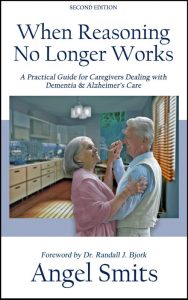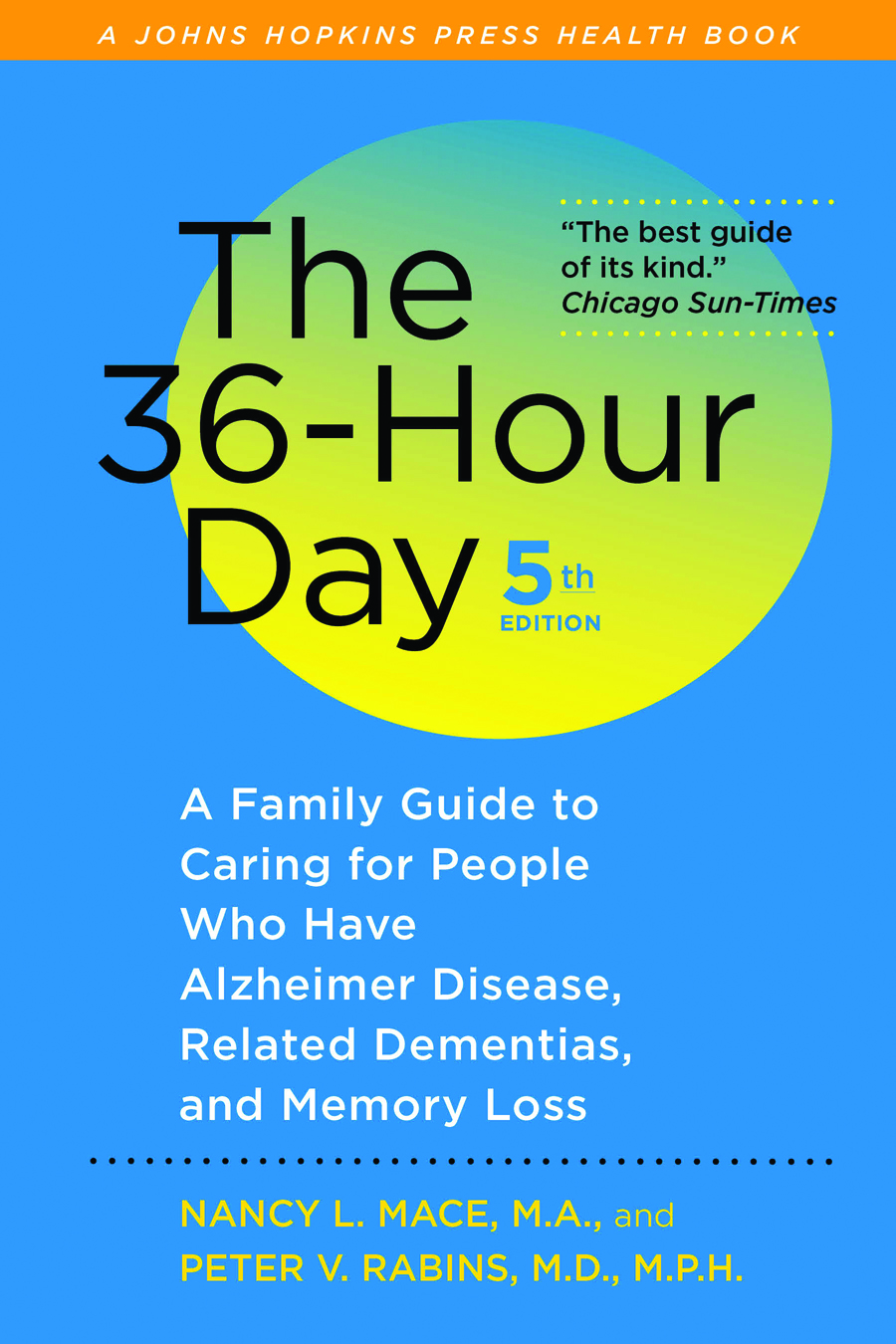TOPIC
Handling a Loved One’s Illness
Coping with the illness of a loved one can bring enormous stress and anxiety. Whether the patient is part of a family or a close friend, whether they are nearby or far away, whether their illness is short- or long-term, our desire to reduce the suffering and aid in the recovery remains strong. Nevertheless, there are a myriad of factors that can start to weigh us down, whether practical matters of finances and logistics or emotional ones of grief and burnout. Learning to balance our desire to help with our need to be helped in turn can be tricky when we feel we must be an ever-giving well of support to those we love.











